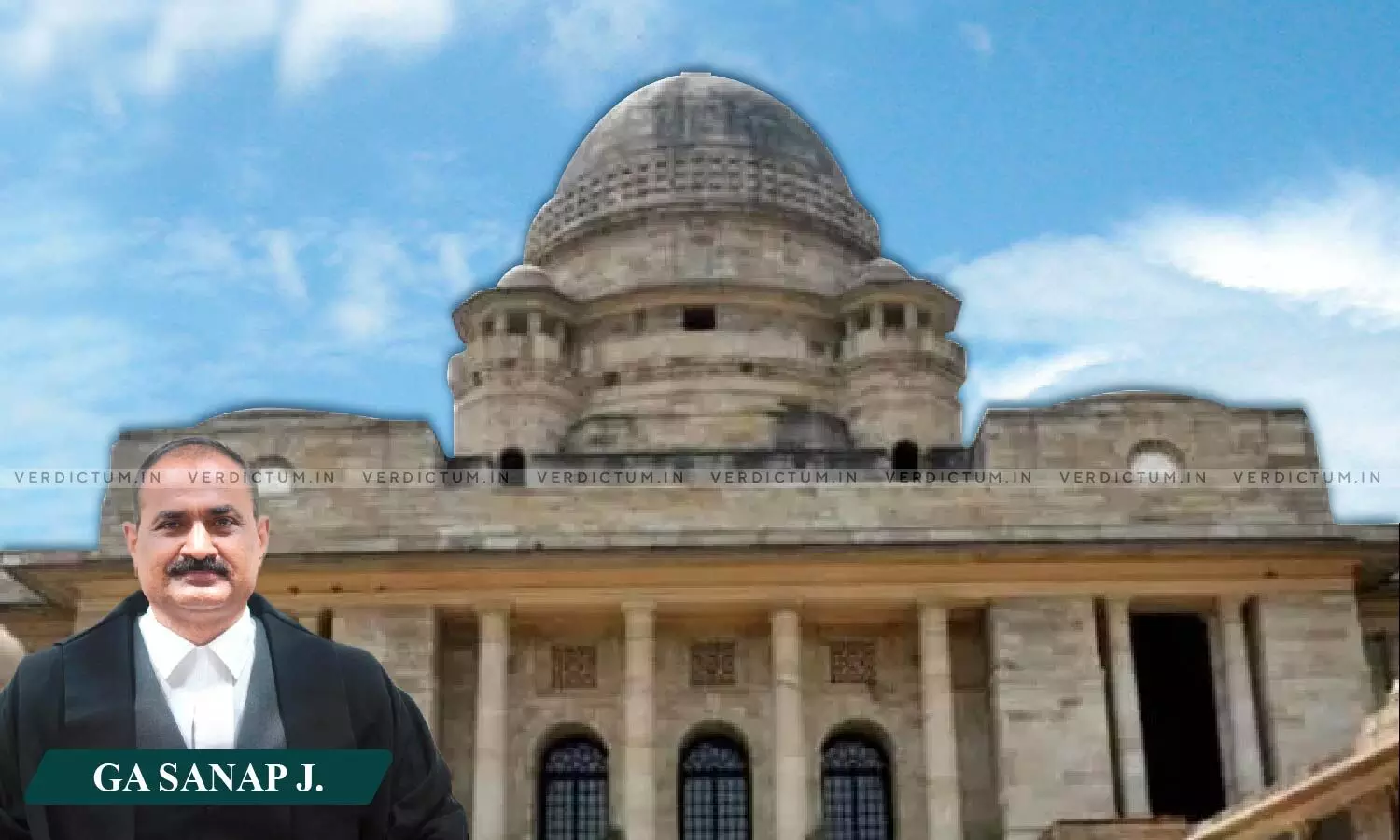
"A Girl Meeting A Young Boy For The First Time Would Not Go To A Hotel Room": Bombay HC While Acquitting Rape Accused
 |
|The Bombay High Court acquitted a man convicted of sexually assaulting and transmitting obscene photographs of the victim observing that the evidence of the victim was “unbelievable.”
The Court set aside the conviction of the appellant for the offences punishable under Section 376 of the IPC, Sections 4 and 8 of the Protection of Children from Sexual Offences (POCSO) Act, 2012 and Section 67 of the Information Technology (IT) Act. The Court stated that if the photographs of the victim had been published or transmitted on Facebook and WhatsApp, then “the victim was supposed to report this incident to the police immediately.”
A Single Bench of Justice G.A. Sanap observed, “In my opinion, this conduct of the victim is not consistent with the conduct of a person of ordinary prudence placed in a similar situation. The victim has stated that the accused had booked a room for them. A girl meeting a young boy for the first time would not go to a hotel room. Such a conduct on the part of a boy would obviously send the alarming signals to the girl."
Advocate Mir Nagman Ali appeared for the appellant, while APP H.D. Futane represented the respondent.
The prosecution had alleged that the victim met the appellant after initially connecting via Facebook in March 2017. The appellant allegedly asked the victim to meet him at a Hotel where, according to the prosecution, he asked her to change into a T-shirt, took her photographs without her knowledge, and threatened to make them public unless she allowed him to have physical relations with her. Following the incident, the victim discontinued her contact with the appellant. The prosecution alleged that the appellant allegedly uploaded the victim’s obscene photographs on Facebook and sent them to her relatives and fiancé, leading to the eventual police report filed in October 2017.
The High Court noted the inordinate delay in lodging the FIR as the victim feared defamation. The Bench stated that if the alleged incident had occurred in March 2017, then the victim and her parents were expected to report the same to the police.
The Court pointed out that the parents came to know about the publication of obscene photographs of the victim on the Facebook and WhatsApp accounts of the friends and relatives in March 2017. “It is, therefore, apparent that the victim and her family was sufficiently defamed,” the Court remarked.
The Bench further stated that the victim, according to the case of the prosecution, was subjected to sexual intercourse. “She was required to clarify all these facts with broad details. In this case, even broad details are lacking…Merely because of the publication of the photographs, it is not possible to accept the version of the victim as to penetrative sexual assault,” the Court stated.
Consequently, the Court held, “I conclude that the evidence adduced by the prosecution is not convincing, cogent and reliable. The credibility and trustworthiness of the evidence has been shaken. The evidence is not sufficient to prove the case beyond reasonable doubt. Therefore, the accused, in my view, is entitled to the benefit of doubt…The judgment and order of conviction and sentence passed against the appellant by learned Additional Sessions Judge…is quashed and set aside.”
Accordingly, the High Court allowed the appeal.
Cause Title: Rahul Gautam Lahase v. State of Maharashtra & Anr. (Neutral Citation: 2024:BHC-NAG:10144)
Appearance:
Appellant: Advocates Mir Nagman Ali and Gulfashan Ansari
Respondent: APP H.D. Futane; Advocate Smita P. Deshpande